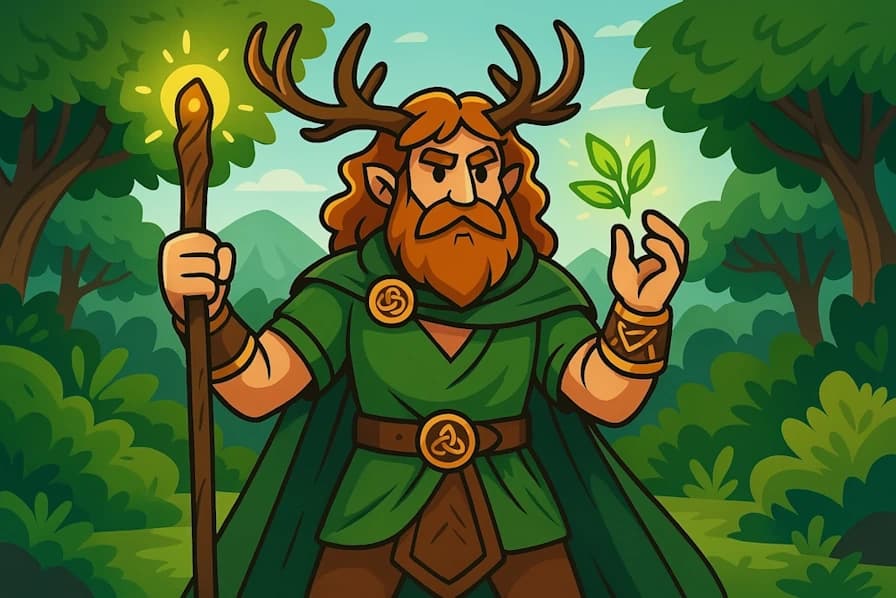Loading...
Loading...

Generate mystical names inspired by gods and goddesses from Celtic mythology and druids.
Want more mythological deities content?
Generate 6 more themed items together in one click
Celtic deity names represent a rich tapestry of ancient beliefs spanning Ireland, Britain, Gaul, and other Celtic lands. These names often reflect the deities' roles in nature, warfare, crafts, and the otherworld, preserved through oral traditions and later medieval manuscripts.
Celtic deity names typically reflect:
Notable examples from Celtic mythology:
Key characteristics of Celtic deity names include:
Celtic deity names continue to influence:
This generator creates names that capture the essence of Celtic divine nomenclature, drawing from authentic sources while maintaining the mystical and powerful qualities associated with Celtic deities. Each generated name reflects the rich tradition of Celtic mythology and its enduring influence on cultural imagination.